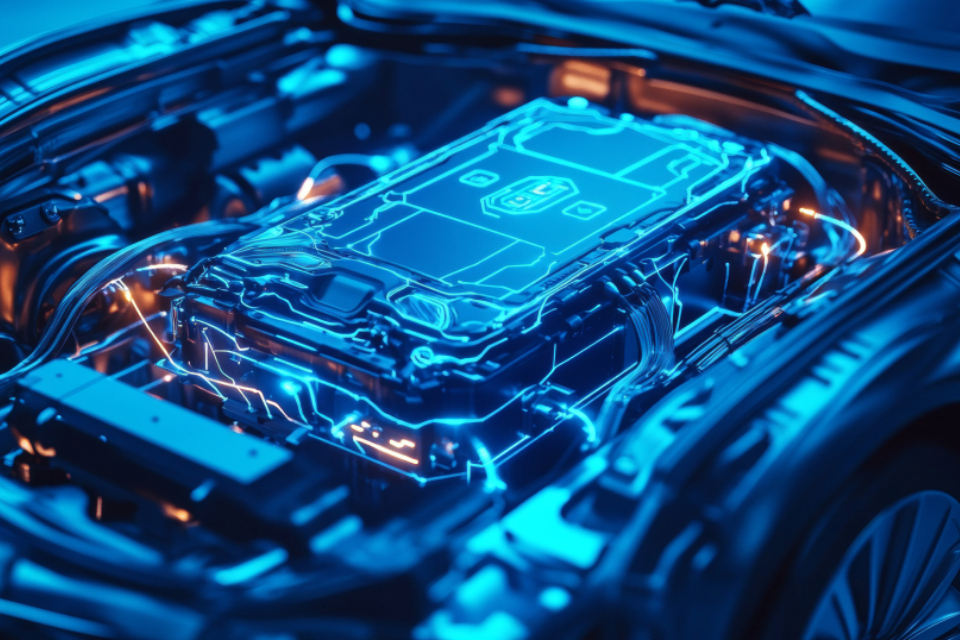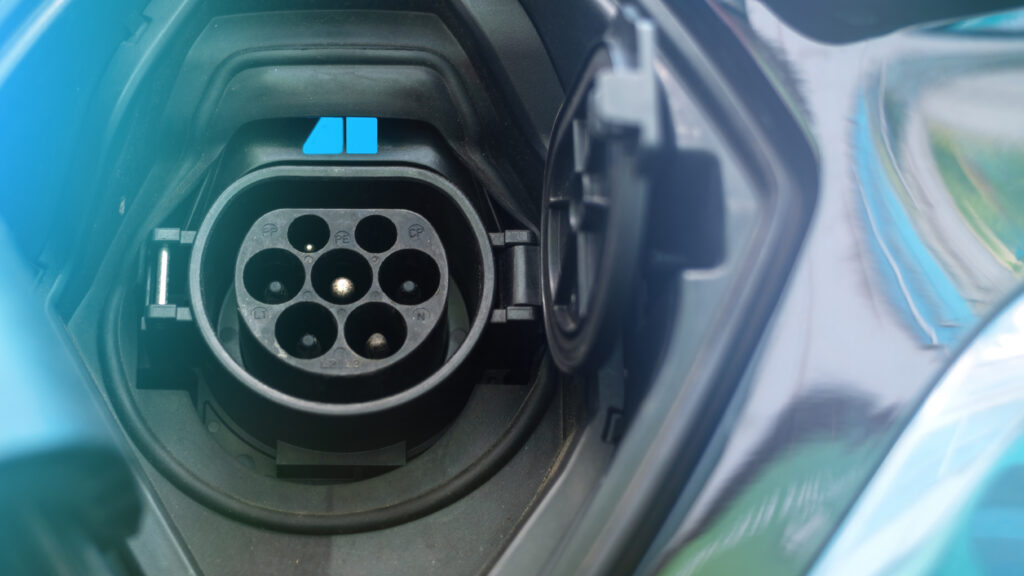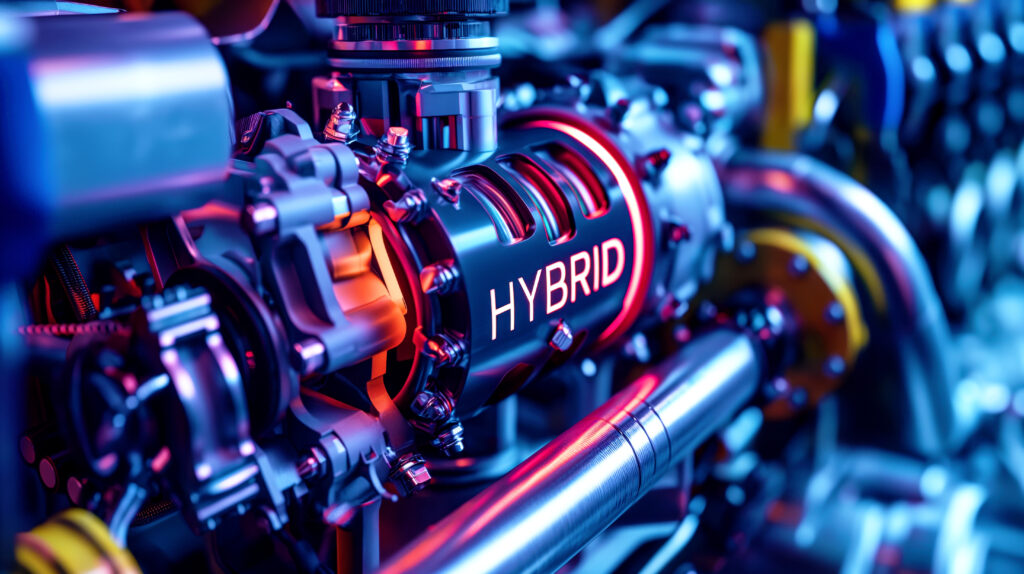The Latest Advances in Hybrid Engine Technology: What You Need to Know
Hybrid Engine Technology have become a significant force in the automotive industry, blending traditional internal combustion engines (ICE) with electric propulsion systems to offer greater fuel efficiency, reduced emissions, and improved overall performance. As the world shifts towards more sustainable and eco-friendly solutions, hybrid technology continues to evolve rapidly, pushing the boundaries of what’s possible in automotive engineering.
In this comprehensive article, we will explore the most recent advancements in hybrid engine technology, examining how these innovations are transforming the automotive landscape and what they mean for the future of driving.
Understanding Hybrid Engine Technology
Before delving into the latest advancements, it’s essential to understand the fundamentals of hybrid engine technology. A hybrid engine combines a traditional internal combustion engine with an electric motor and battery pack. The goal is to enhance fuel efficiency and reduce emissions by allowing the vehicle to operate on electricity alone, the combustion engine, or a combination of both.
Types of Hybrid Engines
There are several types of hybrid engines, each offering unique benefits:
- Parallel Hybrids: In this system, both the internal combustion engine and the electric motor can power the vehicle either together or separately. This setup allows for efficient use of power and fuel.
- Series Hybrids: Here, the internal combustion engine solely acts as a generator to charge the electric motor’s battery, which drives the wheels. This type focuses on maximizing electric propulsion.
- Plug-in Hybrids: These vehicles can be charged via an external power source and offer a greater electric-only range compared to standard hybrids. They can run on electricity for short distances before switching to gasoline.
Recent Innovations in Hybrid Engine Technology
Hybrid technology has advanced significantly, with several recent innovations pushing the boundaries of what hybrid engines can achieve. Here’s a look at some of the most exciting developments:
Advanced Battery Technologies
One of the most critical aspects of hybrid engines is the battery technology. Recent advancements have led to the development of solid-state batteries and high-energy-density lithium-ion batteries that offer improved performance and safety. These new battery types are characterized by:
- Higher Energy Density: New batteries provide greater energy storage, which translates to longer electric-only ranges and improved overall efficiency.
- Faster Charging Times: Advanced battery technologies are reducing the time required to charge, making hybrids more convenient for daily use.
- Enhanced Safety: Innovations in battery design are also focused on improving safety, reducing the risk of overheating and fires.
Improved Regenerative Braking Systems
Regenerative braking is a technology that captures and reuses energy typically lost during braking. Recent improvements in regenerative braking systems have led to:
- Higher Efficiency: Enhanced systems are capturing more energy during braking, which can be used to recharge the battery, improving overall fuel efficiency.
- Smoother Operation: Advances in regenerative braking technology provide a more seamless and intuitive driving experience, with less abrupt transitions between braking and acceleration.
Sophisticated Power Management Systems
Modern hybrid vehicles come equipped with advanced power management systems that optimize the interaction between the internal combustion engine and the electric motor. Key improvements include:
- Dynamic Power Distribution: New systems can more accurately and efficiently distribute power between the engine and the motor based on driving conditions, enhancing both performance and efficiency.
- Adaptive Control Algorithms: Sophisticated algorithms adjust power delivery in real-time, improving fuel economy and reducing emissions.
Integration of Artificial Intelligence (AI)
Artificial Intelligence (AI) is increasingly being integrated into hybrid engine technology to enhance performance and efficiency. AI applications in hybrid vehicles include:
- Predictive Maintenance: AI algorithms analyze data from various vehicle systems to predict maintenance needs, helping to prevent breakdowns and reduce costs.
- Optimized Driving Modes: AI systems can adjust driving modes and power distribution based on real-time data, improving fuel efficiency and performance.
Impact on the Automotive Market
The advancements in hybrid engine technology are having a significant impact on the automotive market. Here’s how:
Increased Consumer Adoption
As hybrid engines become more efficient and affordable, more consumers are choosing hybrid vehicles over traditional gasoline-powered cars. This shift is driven by:
- Environmental Concerns: Growing awareness of environmental issues and the desire to reduce carbon footprints are motivating consumers to opt for hybrid vehicles.
- Government Incentives: Many governments offer incentives such as tax credits and rebates for purchasing hybrid vehicles, making them more attractive to buyers.
Competitive Market Landscape
The rapid advancements in hybrid technology are leading to increased competition among automakers. Key trends include:
- Enhanced Product Offerings: Automakers are investing heavily in hybrid technology to differentiate their products and capture market share.
- Collaboration and Partnerships: Companies are forming partnerships to share technology and research, accelerating the development of new hybrid solutions.
The Future of Hybrid Engine Technology
Looking ahead, several exciting developments are on the horizon for hybrid engine technology:
Next-Generation Hybrid Engines
Future hybrid engines are expected to incorporate even more advanced technologies, such as:
- Wireless Charging: Developing wireless charging systems could eliminate the need for plugging in hybrid vehicles, making them more convenient and user-friendly.
- Ultra-Fast Charging: Advances in charging technology could significantly reduce charging times, further enhancing the practicality of hybrid vehicles.
Integration with Autonomous Driving Technologies
The integration of hybrid engines with autonomous driving technologies promises to offer new possibilities, including:
- Enhanced Efficiency: Autonomous driving systems could optimize driving patterns to further improve fuel efficiency and reduce emissions.
- Improved User Experience: Combining hybrid technology with autonomous driving could provide a more seamless and enjoyable driving experience.
Conclusion
The latest advancements in hybrid engine technology are transforming the automotive industry. They offer improved fuel efficiency, reduced emissions, and enhanced performance. Cutting-edge battery technologies and sophisticated power management systems are making hybrid vehicles more practical and appealing.
As hybrid technology evolves, it will play a crucial role in driving’s future. It will contribute to a more sustainable and eco-friendly automotive landscape. Staying informed about these developments helps consumers and automakers benefit from hybrid engines’ advantages. Incorporating these advancements into daily driving leads to better vehicle performance and environmental impact. This paves the way for a cleaner, more efficient future.




